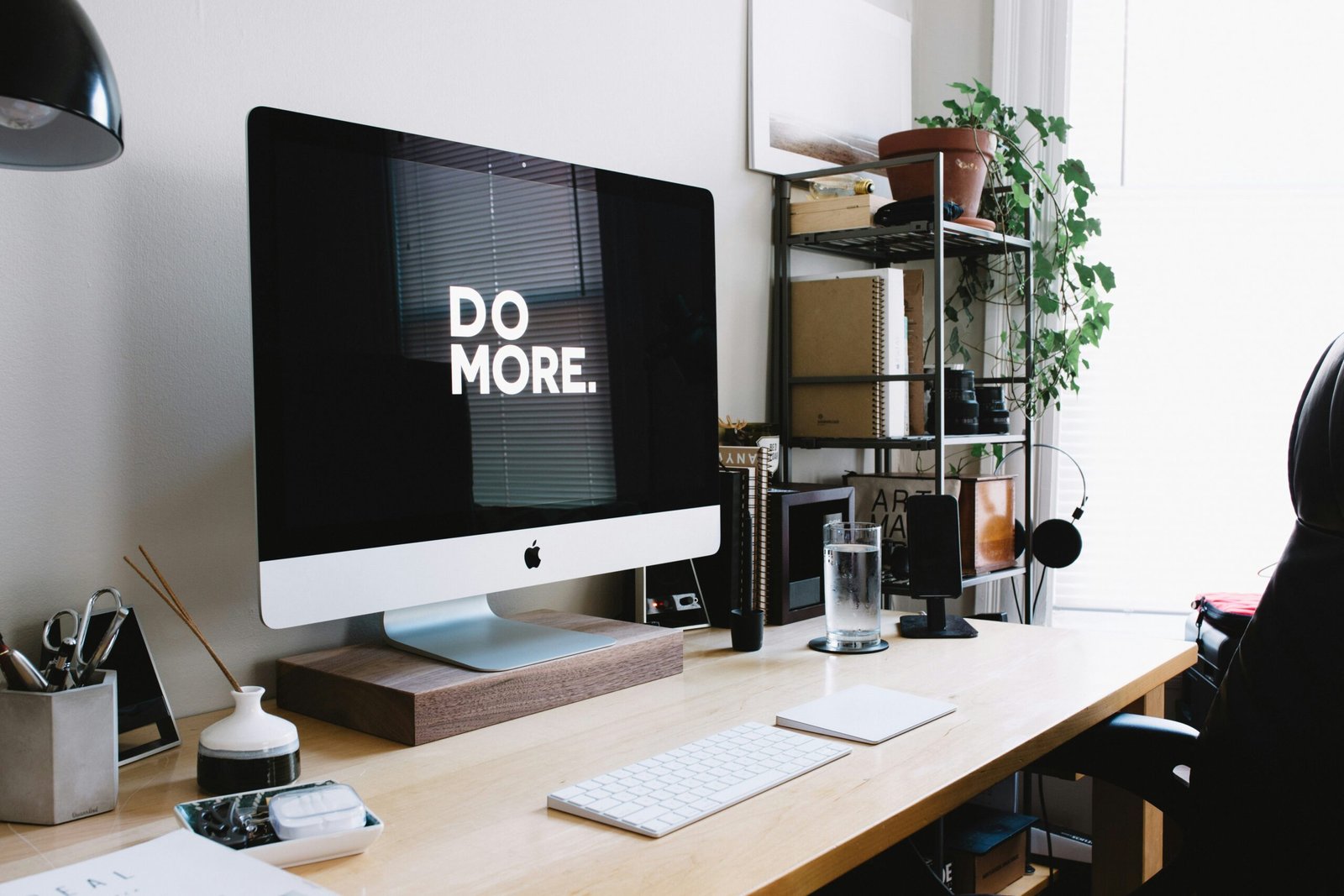The Importance of Screen Time Balance in the Digital Age

The Importance of Screen Time Balance in the Digital Age
In today’s digital age, technology has become an integral part of our lives. We rely on smartphones, tablets, and computers for work, communication, entertainment, and so much more. While technology has undoubtedly brought numerous benefits, it is crucial to maintain a healthy balance when it comes to screen time. In this blog post, we will explore the importance of managing technology and offer some practical tips for achieving a screen time balance.
The Impact of Excessive Screen Time
Spending excessive time in front of screens can have various negative effects on our physical and mental well-being. One of the most common issues associated with excessive screen time is sedentary behavior, which can lead to a range of health problems such as obesity, cardiovascular disease, and musculoskeletal disorders. Additionally, excessive screen time can disrupt our sleep patterns, leading to insomnia and other sleep-related issues.
Moreover, prolonged screen time can have adverse effects on our mental health. Studies have shown a correlation between excessive screen time and increased levels of anxiety, depression, and loneliness. The constant exposure to social media and online platforms can also contribute to feelings of inadequacy and low self-esteem, as we compare ourselves to the carefully curated lives of others.
Finding the Right Balance
Finding the right balance between utilizing technology and disconnecting from screens is essential for our overall well-being. Here are some practical tips to help you achieve a healthier screen time balance:
1. Set Clear Boundaries
Establishing clear boundaries around your screen time is crucial. Determine specific times of the day when you will allow yourself to use technology and when you will disconnect. For example, you could designate certain hours in the evening as “tech-free” time, where you engage in activities that do not involve screens, such as reading a book, going for a walk, or spending time with loved ones.
2. Prioritize Offline Activities
Make an effort to prioritize offline activities that bring you joy and fulfillment. Engage in hobbies, exercise regularly, spend time in nature, or pursue creative endeavors. By focusing on activities that do not involve screens, you can reduce your reliance on technology and create a healthier balance in your life.
3. Practice Mindful Technology Use
Instead of mindlessly scrolling through social media or spending hours watching videos online, practice mindful technology use. Be intentional about the time you spend on screens and choose activities that align with your values and goals. Set a specific purpose for your screen time, whether it’s to connect with loved ones, learn something new, or engage in a creative pursuit.
4. Create Tech-Free Zones
Designate certain areas in your home as tech-free zones. For example, you could make your bedroom a screen-free zone to promote better sleep hygiene. Establishing these boundaries can help you disconnect from screens and create a more peaceful and relaxing environment.
5. Use Screen Time Tracking Apps
If you find it challenging to monitor your screen time, consider using screen time tracking apps or built-in features on your devices. These tools can provide insights into your usage patterns and help you set limits on your screen time. By becoming more aware of how much time you spend on screens, you can make more informed decisions about when and how to disconnect.
The Benefits of a Balanced Approach
By achieving a screen time balance, you can experience several benefits. First and foremost, you will have more time and energy to invest in offline activities that truly matter to you. Whether it’s spending quality time with loved ones, pursuing personal interests, or taking care of your physical and mental well-being, a balanced approach to screen time allows for a more fulfilling and well-rounded life.
Additionally, reducing screen time can improve your sleep quality, enhance your focus and productivity, and contribute to better mental health. By disconnecting from screens, you give your mind a chance to unwind, recharge, and engage in activities that promote relaxation and self-care.
Conclusion
In the digital age, managing screen time is crucial for maintaining a healthy and balanced lifestyle. By setting clear boundaries, prioritizing offline activities, practicing mindful technology use, creating tech-free zones, and utilizing screen time tracking apps, you can achieve a healthier screen time balance. Remember, it’s not about completely eliminating technology from our lives, but rather finding the right balance that allows us to harness the benefits of technology while also prioritizing our overall well-being.






